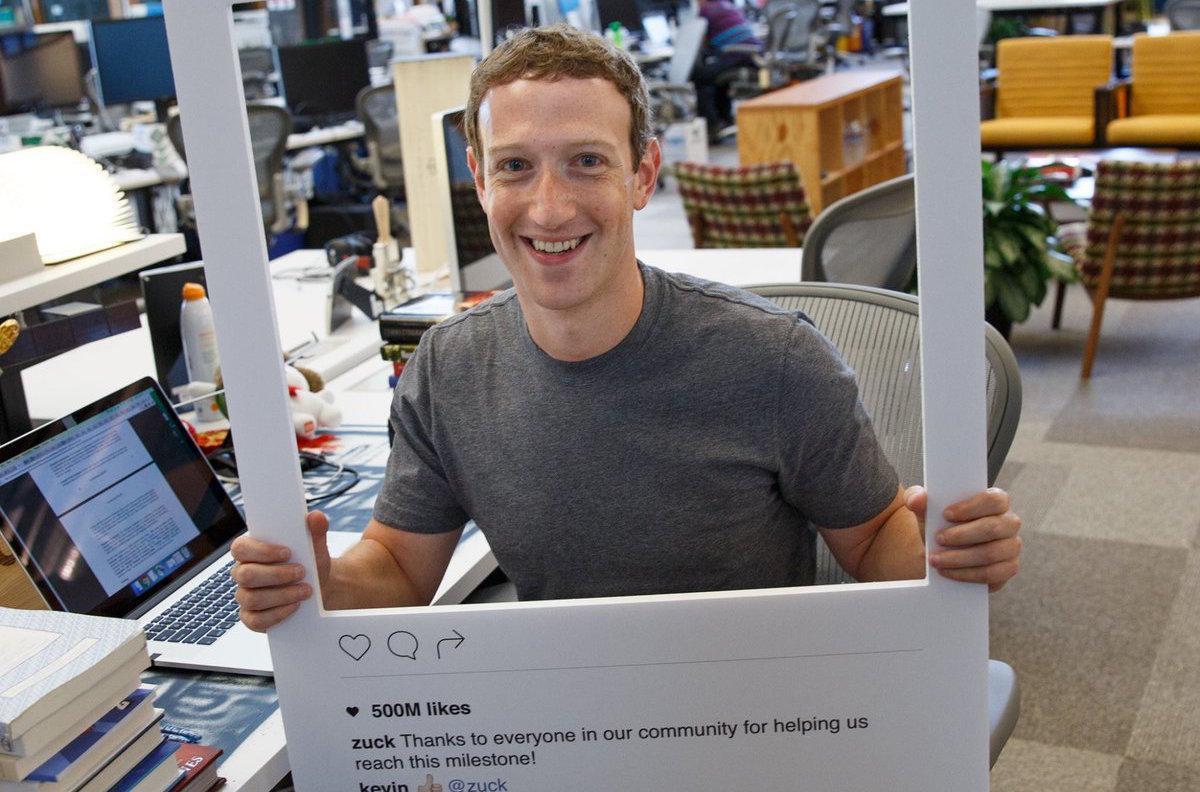If Facebook makes billions from my data, I deserve the basic income as a dividend for my work
Baby photos, birthday party invites and self-indulgent status updates are the coal, iron and steel of the fourth industrial revolution

Your support helps us to tell the story
From reproductive rights to climate change to Big Tech, The Independent is on the ground when the story is developing. Whether it's investigating the financials of Elon Musk's pro-Trump PAC or producing our latest documentary, 'The A Word', which shines a light on the American women fighting for reproductive rights, we know how important it is to parse out the facts from the messaging.
At such a critical moment in US history, we need reporters on the ground. Your donation allows us to keep sending journalists to speak to both sides of the story.
The Independent is trusted by Americans across the entire political spectrum. And unlike many other quality news outlets, we choose not to lock Americans out of our reporting and analysis with paywalls. We believe quality journalism should be available to everyone, paid for by those who can afford it.
Your support makes all the difference.“Why do I exist?”: a question that has preoccupied the greatest minds, and the rest of us after a heavy night out, since time immemorial. Today, it appears the answer is to simply make a lot of money for Google and Facebook.
You and I are the raw material for these social media companies. Those baby photos, the birthday party invites and the self-indulgent status updates are the coal, iron and steel of the fourth industrial revolution.
Facebook, Google and other major technology firms harvest the raw data you produce – the pages you like, the time and location stamps on your tagged photographs, your planned travel routes, and so on. Then they analyse this information and use it to sell advertising space to third parties. Last year those two brands alone made 96 and 89 per cent of their revenues respectively from advertising. In short, they made a hell of a lot of money from you. These figures are set to increase as the two platforms push for more users to access their services via apps, be it Facebook Messenger or Google Maps, so that they can bypass browser-hosted ad blockers.
Historically, raw materials were sold for a profit to manufacturers; now, all you get in exchange for your data is to use these services for free. Hey, like a photograph of someone you would never say hello to in real life and in exchange you can give all your personal information over to a private company. Sounds a like crappy Faustian deal, doesn’t it? It's an especially unfair wager when you consider that both of these companies have come under attack for not paying their fair share of taxes in the UK.
If these companies insist on not redistributing their wealth via taxation, where we would traditionally share the benefits through welfare or improved infrastructure, we deserve a direct cut to reward us for the hard work we're doing on their behalf – a ‘data dividend’, if you will.
One mechanism to distribute this kind of reward might be the Universal Basic Income (UBI), a form of social security in which every citizen receives an unconditional sum of money, in addition to income received from paid employment or other sources. If advertising platforms disguised as online services are going to make money from our mere existence, then we deserve to be rewarded for just existing.
This idea might not prove too distasteful to the tech giants either. Steve Waldman, a programmer and economics writer, called the basic income “venture capital for the people”, as it would encourage citizens to take the time to learn and train, innovate and take more risks – such as launching a tech start-up.
There’s a moral case for basic income too. As the labour market adapts to new technologies, old jobs become redundant and we will all need to train for new ones. Tech companies ought to help out by funding these periods of unemployment and re-education – especially if they are directly profiting from the way they interact with new technologies in their daily lives. This is especially important for those languishing in jobs now at high risk from the fourth industrial revolution, and who will find it the most costly to retrain.
Uber, for example, is transforming from a sharing platform to a big data company by harnessing the wealth of information they know about you. At the same time it is seeking to replace costly drivers with self-driving cars. This means that, in the near future, Uber will have fewer drivers and more data analysts. So why not support a fund to create an education pathway from driver to desk worker? And why not encourage governments to do the same by offering a basic income that allows citizens to keep up with a changing economy.
This isn’t just a utopian dreaming. India considering replacing its labyrinthine welfare system with a basic income scheme, and pilot programmes are being floated from Canada to Namibia.
If the UK wants to foster the next Mark Zuckerberg, it might want to start rewarding the people for the raw materials they've already provided.
Join our commenting forum
Join thought-provoking conversations, follow other Independent readers and see their replies
Comments